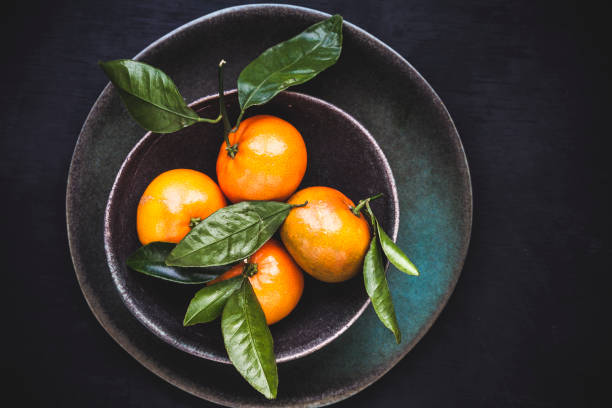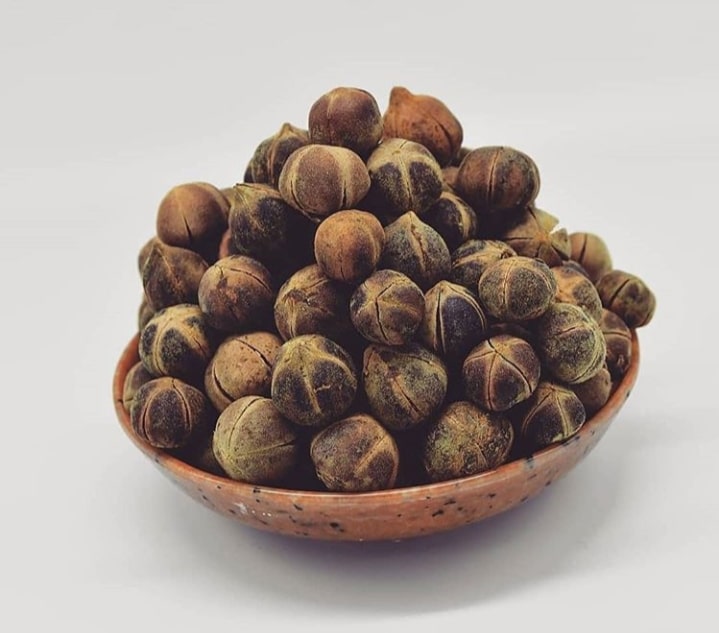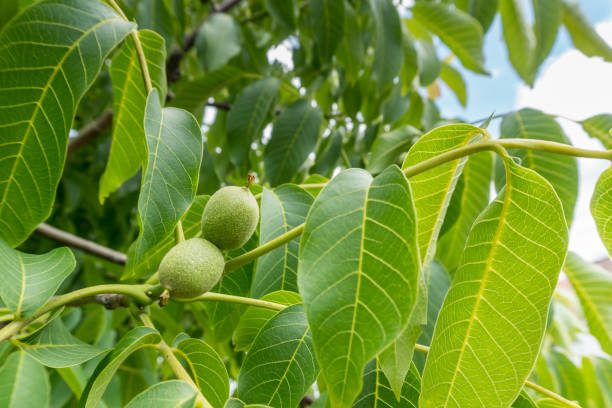Orange leaves are the leaves of the citrus that produces the orange fruit, a fruit of various citrus species in Rutaceae family. This article explores some of the potential health benefits of orange leaves.
Orange leaves are not just a delicious, fragrant addition to your tea and potpourri. They are beneficial and medicinal to your health.
Orange leaves are known for their fantastic health benefits. They have been used in traditional medicine for centuries and are still used today to treat all sorts of diseases. The healing qualities of the orange leaves range from treating arthritis, depression, and heart problems to boosting the immune system.
8 Potential Health Benefits of Orange Leaves

Below are the top 8 possible health benefits of orange leaves
1. May boost the immune system
Orange leaves have high levels of vitamin C and other antioxidants, which help boost the immune system and fortify the body against diseases.
Vitamin C helps to boost the immune system by producing infection-fighting white blood cells that fight off infections such as colds or flu.
This makes them useful during wintertime when we are exposed to more viruses than usual through air pollution or other people who are sick at work or school
2. May help in maintaining blood sugar levels
Orange leaves contain pectin fiber that helps lower blood sugar levels by regulating insulin secretion from the pancreas.
Furthermore, oranges generally have low glycemic index, which makes them good for regulating blood sugar levels.
3. Might help with weight loss
Orange leaves are high and fiber and could help with weight loss
Drinking orange-leaf tea before meals helps suppress appetite and prevent overeating which helps to control your weight.
4. Improves cardiovascular health
Orange leaves contain flavonoids like hesperidin and rutin that help maintain healthy blood vessels while lowering cholesterol and triglyceride levels.
This is important for preventing heart disease since high levels of LDL can lead to plaque build-up in the arteries, which may eventually cause blockages and lead to heart attack or stroke.
5. Helps fight cancer
A 2013 study investigated the phenolic contents and antioxidant activity of the leaves and peels of various orange varieties.
The study found out that orange leaves possesed more anti-cancer properties than the peels.
The antioxidant properties of orange leaves can help fight cancer. This is because they slow down the growth of cancer cells and stop them from multiplying. They also help to prevent oxidative damage to healthy cells that may otherwise lead to cancer development.
6. Possesses antibacterial properties
According to a 2022 study, the leaf extract from orange (Citrus sinensis) has antibacterial properties.
Orange leaf oil has antibacterial properties that help fight infections like colds or flu. It also works as an insect repellent when applied directly on the skin or mixed with water to spray against mosquitoes or other bugs that might be bothering you during camping trips or outdoor activities.
7. Anti-Aging Properties
The anti-aging properties in orange leave help tighten the skin and make it look younger and healthy. These leaves also protect against premature aging by preventing wrinkles, fine lines, dark spots, and age spots from appearing on your skin.
8. Anti-Inflammatory activities
The anti-inflammatory properties of orange leaves help in reducing inflammation caused due to eczema, dermatitis, and other skin diseases.
In a 2017 medical study, it was discovered that orange leaves has anti-inflammatory properties.
Conclusion
The best way to consume orange leaves is to make tea with them. Steep orange leaves in hot water, then strain out the leaves. This tea can be consumed hot or cold, depending on your preferences. That way you can enjoy the health benefits of orange leaves.
If you are allergic to citrus fruits or suffering from ulcers or any stomach disease, you must consult the doctor before taking orange-leaf tea.
Please note that most of the health benefits of orange leaves are not yet backed by clinical studies. More research needs to be done on orange leaves.
YOU SHOULD ALSO READ:
- 8 Potential Health Benefits of Pawpaw Leaves
- 7 Potential Health Benefits of Baobab Leaves
- 7 Potential Health Benefits Of Hibiscus Leaves
- 5 Potential Health Benefits of Cassava Leaves
- Morinda Lucida (Oruwo Leaves): Health Benefits and Effects
- 6 Health Benefits of Hog Plums (Iyeye Leaves)
- 8 Possible Health Benefits of Yam Leaves
- 9 Health Benefits of Moringa Leaves and Ginger
Collins Nwokolo is a human physiologist, writer and health enthusiast. He loves writing helpful articles on health and fitness, which he enjoys sharing with everyone.









